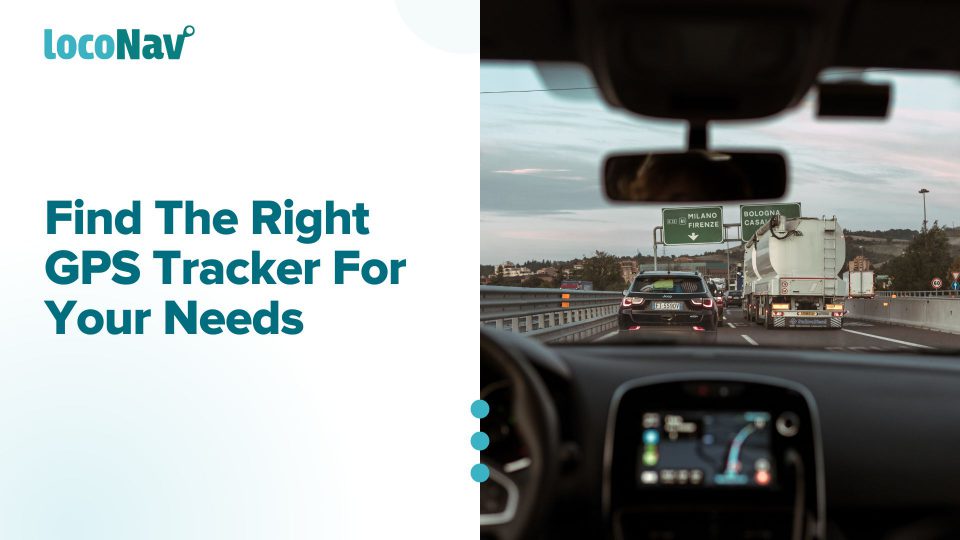

Including global positioning system (GPS) technology in your fleet management arsenal is a low-cost solution to improve the efficiency of your company and fleet operations. Fleet tracking is a growing industry. Telematics advancements are making it simpler for GPS fleet operators to track varied fleets around the world.
However, because there are so many options on the market today, selecting the correct GPS fleet trackers for your organisation’s assets can be difficult. As the use of this technology by fleet managers grows across many industries, it’s critical to make sure you’re using the correct devices for your organisation’s fleet management needs.
After all, using a GPS tracking device that is not the ideal fit for your needs can become a hindrance rather than a helpful solution. However, a question remains: with so many GPS vehicle tracker alternatives, how can you possibly choose the best solution for your business?
6 Factors To Consider Before Buying The Right GPS Tracker For Your Fleet
- Compatibility
One of the initial things to look for when purchasing a device is compatibility with your vehicle model. This is essential because it ensures that:
- The device can collect all of the information that it offers, and you can utilise all of the capabilities without difficulty.
- The device has no detrimental impact on the performance of your vehicle.
Most vehicles have a standard OBD-II port, therefore any good quality OBD-based tracking gadget should work with your vehicle. However, it is best to ensure compatibility with the precise make and model of your vehicle before purchase.
- User Experience
Your GPS tracker will have an app that will provide you with all of the data collected by the device. Live maps, location alerts, and more features are available. Ideally, the tracker should provide you with an easy-to-use interface.
You should be able to find the data you seek with minimal effort or confusion. If you purchase your tracking gadget from a store, ask the salesperson to show you how the software works. If you are purchasing a device online, check the reviews to get an idea of what to expect.
- Frequency of Data Updating
The data refresh rate is the frequency with which your app refreshes its data points. The shorter the time lag, the better. This means that the tracker is constantly reloading data points, providing you with real-time information.
The right GPS tracker has a data update rate of a few seconds, you will receive the information as soon as it occurs and will be able to act accordingly.
- Reliability
Finally, like with any electrical gadget, quality must be considered. There are numerous low-cost GPS trackers available, however, their gadget hardware and software do not meet the highest standards of quality. Vendors are also reluctant to repair or replace such equipment. So, make sure to select the right GPS tracker for your fleet.
- Offline Connectivity
You want a gadget that can work offline to avoid losing any trip data. Check to see if your gadget has offline connectivity, that is if travel data is logged even when there is no internet connection. Ideally, your devices should be capable of recording trip data for a set period even when not connected to the internet and then transferring this data to the servers once connected.
- Security
Any tracking gadget collects a massive amount of information about your vehicle’s position and daily journey details. This, paired with a large amount of personal data fed into the programme, is extremely sensitive and necessitates complete privacy.
As a result, it is critical to examine the application’s level of security. Examine the vendor’s level of data encryption throughout this entire procedure. While all interconnected devices and applications are vulnerable to some degree, it is critical to ensure that the app you choose adheres to all data security best practices.
A real-time GPS vehicle tracking system provides various advantages to fleet owners. However, with so many choices available on the market today, selecting the proper gadget for your organisation can be a daunting endeavour. The above list of important variables to examine can help you limit your alternatives and make a decision.
